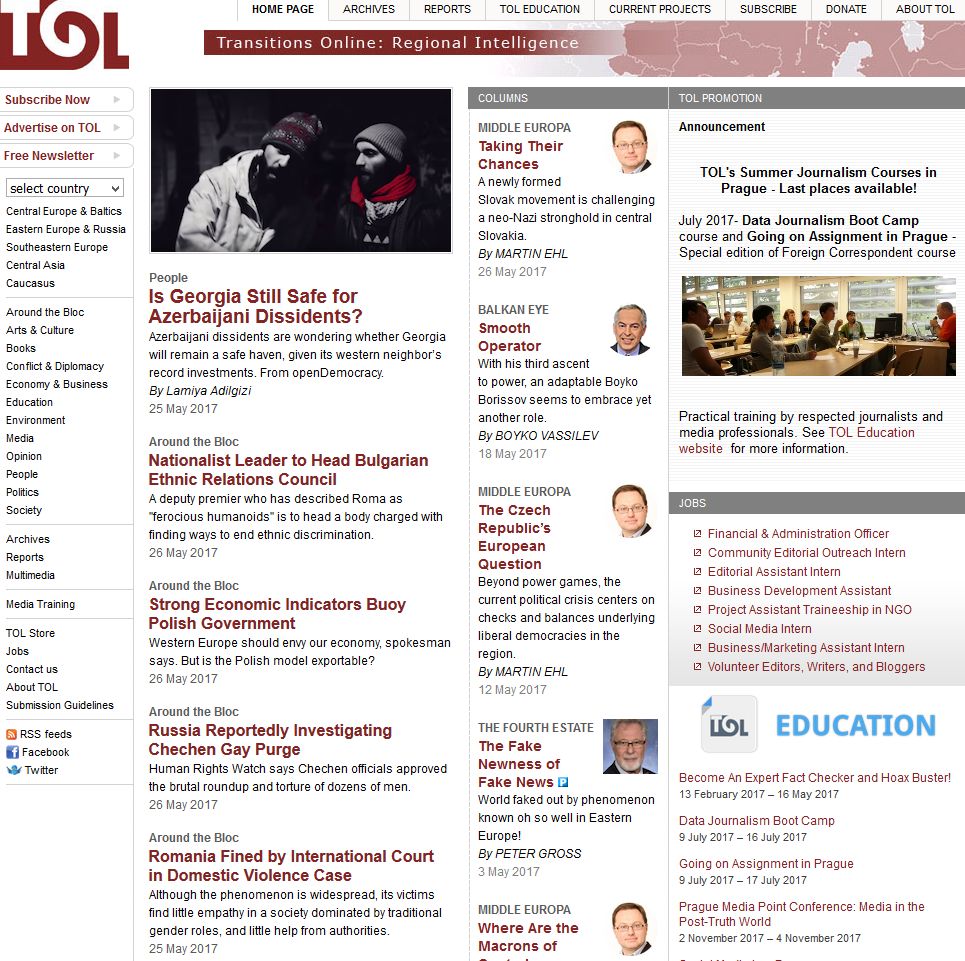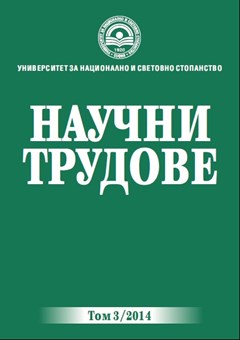Place Management: Decoding the Visual Image of a Siberian City
The paper is dedicated to the process of visual perception of city representation and to the method of decoding, devised by Vayna Ch., enabling identification of those signs of urban environment to which people of different groups turn to in the process of perception of visual representation of the city and its further reproduction in their memory. Within the framework of semiotic structuralism, the city is represented as a text, which is read by city residents and visitors. Perception of city visual representation by city residents and visitors are envisaged as a process of individual decoding of signs important for the subject, expressed in objects, basing on which a person forms his or her impression of the city. The article reports the results of empirical research of perception of visual representation of Krasnoyarsk city by the decoding method, on the basis of which application features of this method for the local specificity have been revealed.
More...


